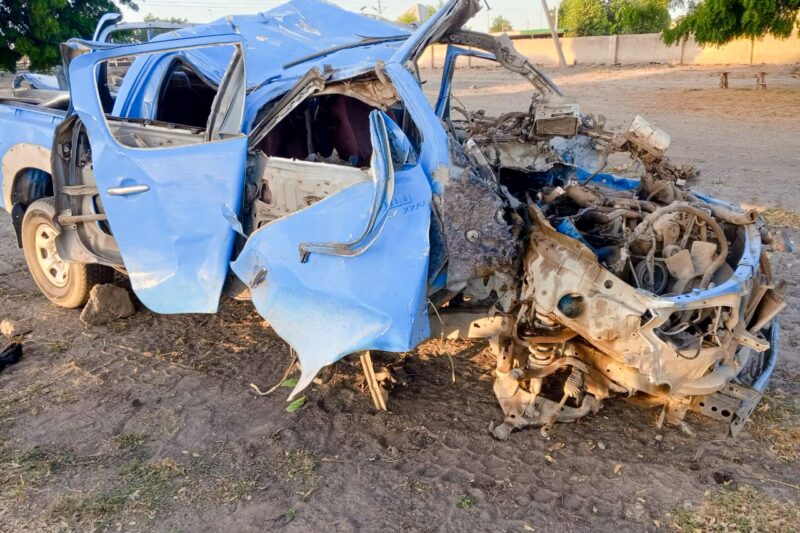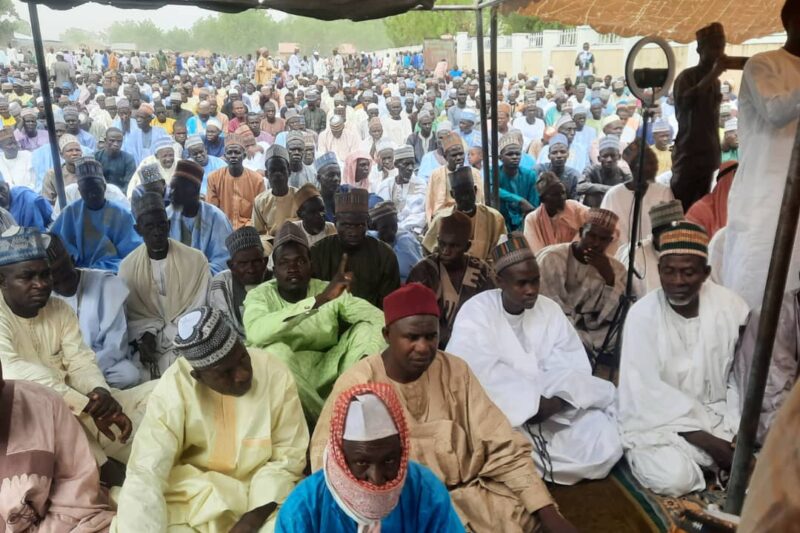Energy ministers of the G5 Sahel countries have validated a regional roadmap for the “Desert to Power” initiative.
In a videoconference held on September 2, the energy ministers of Burkina Faso, Mali, Mauritania, Niger and Chad agreed to pool their resources to develop a stable electricity network using solar power.
In July the African Development Bank approved a $6 million grant to launch the initial phase of the Desert to Power West Africa Regional Energy Programme, which is expected to transform the Sahel by harnessing the region’s abundant solar potential.
The initiative will be implemented in all 11 countries in the Sahelian strip. Its goal is to produce 10,000 megawatts (MW) of solar photovoltaic energy by 2030 for 250 million people.
The G5 regional roadmap includes major projects that will improve access to electricity and relieve the energy frustrations faced by the countries.
The roadmap focuses on four priorities: solar energy and large-scale storage; integration of the grids of the G5 Sahel countries; enabling the pan-Sahelian off-grid programme; and hybridising thermal power plants with renewable energy sources.
The roadmap includes a strategy that will allow the G5 Sahel countries to be in perfect coordination on implementation. It is expected to complement member countries’ own initiatives.
During the videoconference, the Desert to Power task force reported on the status of projects implemented in the past. These were projects contained in the national roadmaps for 2021: the Yeleen project in Burkina Faso and the Djermaya solar power plant in Chad. Funding for these projects will close at the end of this year.
The task force reported on the progress made in the implementation of technical assistance and project preparation activities. It said the funding would help to facilitate feasibility and impact studies of the hybridisation of power plants and studies on thermal and solar production integration in the electricity grids of the G5 member countries.
The ministers unanimously commended the African Development Bank for implementing the activities of the Desert to Power initiative.
They emphasised the importance of access to reliable energy services at an affordable cost. They asked the bank to support the countries to develop and implement electricity storage systems to integrate renewable energies and stabilise electricity grids.
- The Desert to Power initiative is a large part of a wider African Development Bank drive to invest $25 billion by 2025 on climate-related programmes, as well as contributing to national energy-access targets.
This is the latest effort by development partners and government leaders – of the G5 Sahel countries Burkina Faso, Chad, Mali, Mauritania and Niger initially – to foster a large-scale transformation of energy sectors in the region and make the most of its abundant renewable energy potential.
The trading of electricity across borders will form an integral part of Desert to Power and could provide enormous opportunities for cost savings and much-needed sources of revenue across the region.








